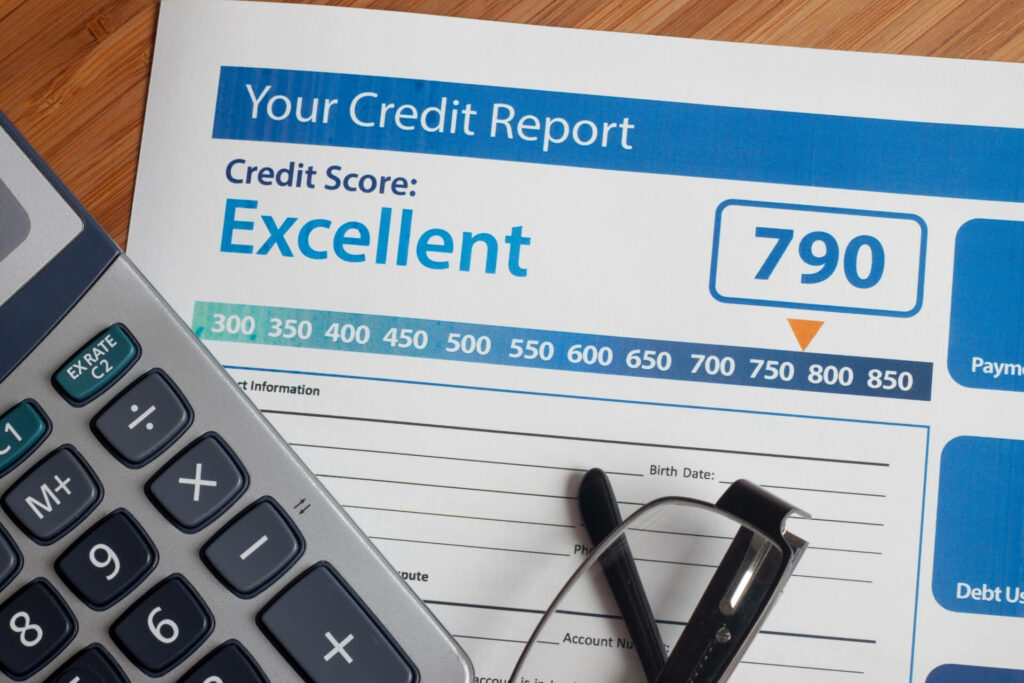Looking For A Rental Why your Credit Score Matters
Searching for the ideal rental is an exciting time, but it is important to understand potential hurdles. Landlords and/or property managers will be carefully vetting potential tenants and, as a part of this process, they will be checking applicants’ credit score and perhaps a full credit report.
Property owners want to be certain you will be able to handle your rent payments and make them on time. Your credit score gives them insight into your financial health and how seriously you take your financial obligations.

What Credit Score is Needed to Rent an Apartment?
Landlords are not lenders, but they do consider creditworthiness when selecting tenants that they think will be a good fit. Credit reporting agencies use a range of rated scores to determine an individual’s credit standing. Your credit score will play a role in the appeal of your resident application.
- Exceptional: 800 – 850
- Very Good: 740 – 799
- Good: 670 – 739
- Fair: 580 – 669
- Poor: 300 – 549
Generally, most rental applicants will need to have a “good” credit rating to be considered, and while there is no set standard, on average, the minimum credit score most landlords accept is in the 600 to 650 range. Also, different credit reporting agencies use variables in credit scoring which may change your rating if your credit is borderline.
My Credit Score is Low – How Do I Improve It?
Ideally, you want to start improving your credit score before you start the rental search. This way, you can better position yourself as a desirable tenant. It often takes time to improve a low score, but there are a few immediate steps you can take to give it a boost.
- Check your credit score often to quickly identify something that might be dragging it lower.
- Do not close any credit card accounts, at least until your score increases, because the length of open accounts factors into a credit score.
- If your recent credit history is good, ask your credit card bank to increase your limit (but don’t spend on it).
- Pay what you can on existing debt often and go above the minimum payment.
- Pay bills before or on due dates for at least six months.
Another approach you can take is to be honest. Explain why your score is low and what you have been doing to improve it. Life circumstances change, and events from several years ago that brought your score down may not accurately reflect where you are financially at right now. If you can successfully demonstrate you are able and willing to pay your rent on time, you may have enough other strong points. Providing recent pay stubs, bank statements, and references from previous landlords might help tilt the scales in your favor.
What Else Do Landlords Consider from Credit Reports?
Landlords often look at credit scores, but they also may check credit reports. Credit reports offer a more rounded view of a potential tenant and their financial history. They will look at your payment history over the past two years, rental history (if included on the credit reports they pull), and whether you have had any collection items or other blemishes on your credit report, such as evictions, bankruptcy, or unpaid utilities. Everyone is entitled to free annual reports from each of the major credit reporting agencies. Pull your credit report several months before you search for a rental to give you time to correct any errors.
Understanding your credit is beneficial to the renting process, but also is helpful in your everyday life. The stronger your standing, the better access you will have to loans and credit cards with favorable terms. In the long-term, this can benefit you in many ways, including in the rental process.
At Blue Roof Property Management we follow the credit guidelines contained in our Rental Criteria. We are through when it comes to providing a decision for a potential residents application. After all, we want to set everyone up for success. Our residents, our owners, and our company.
